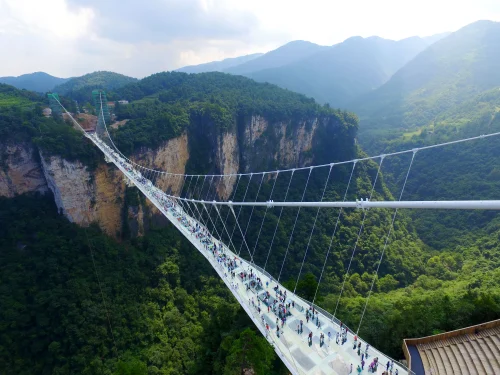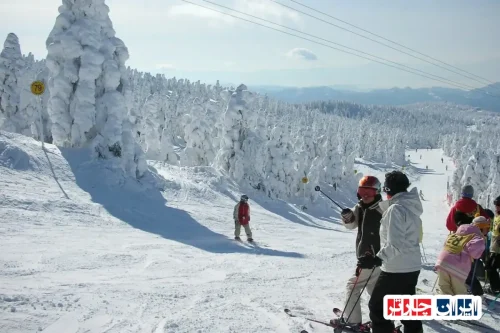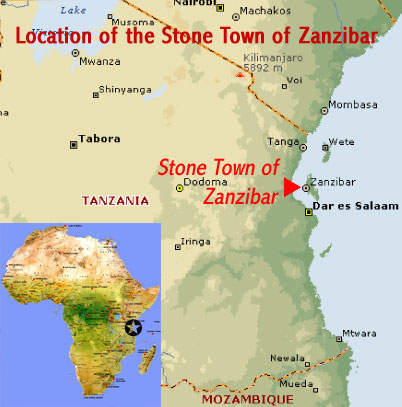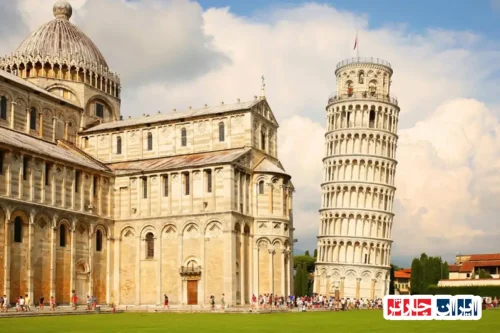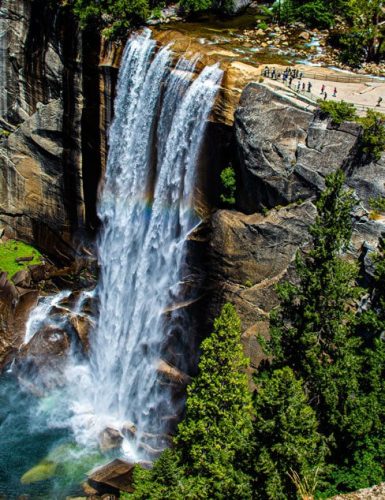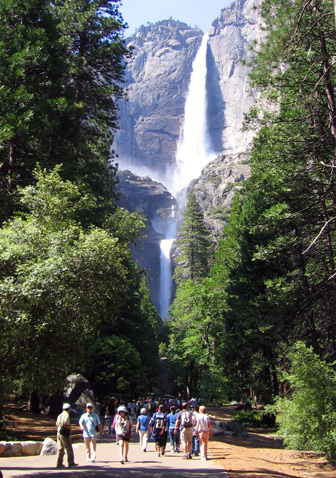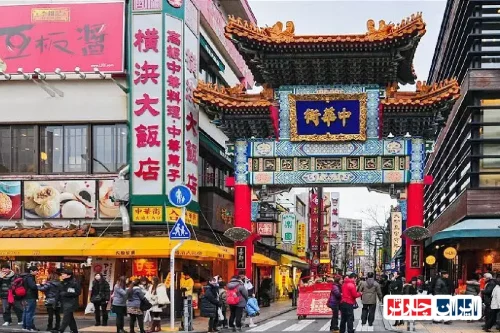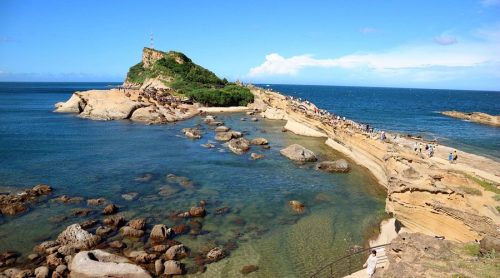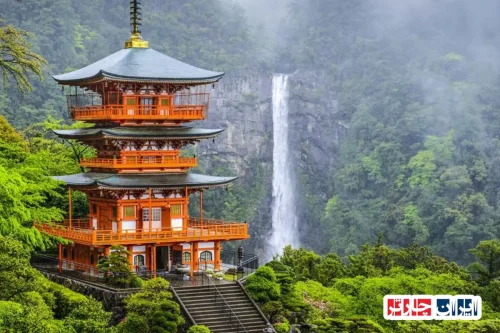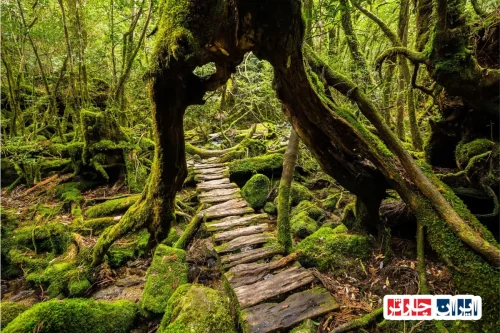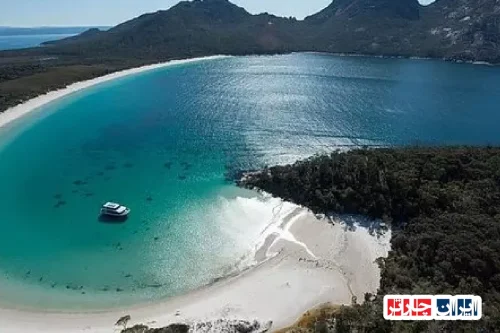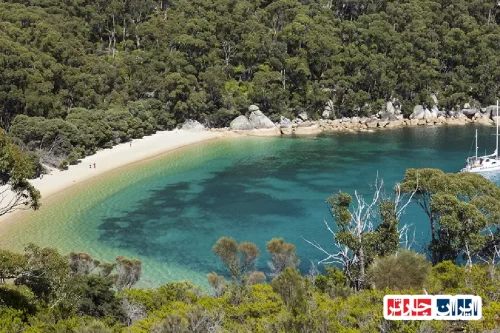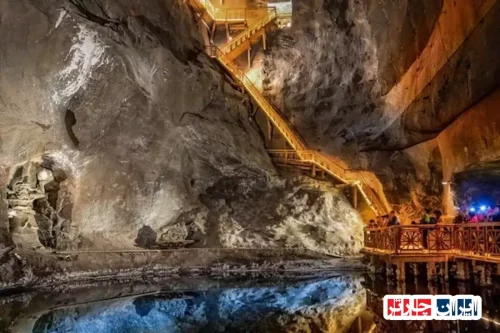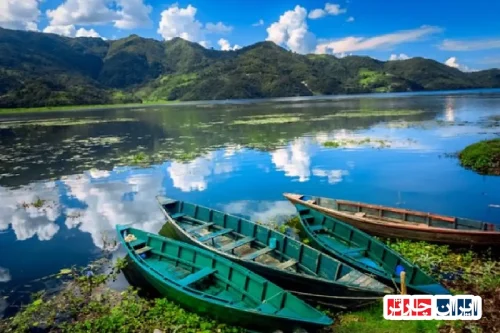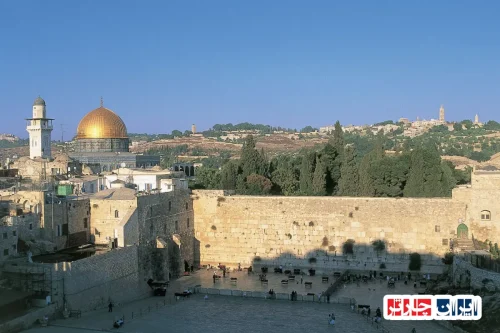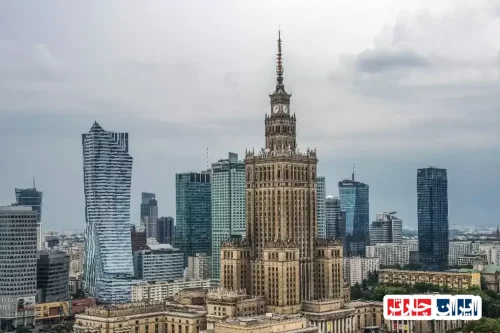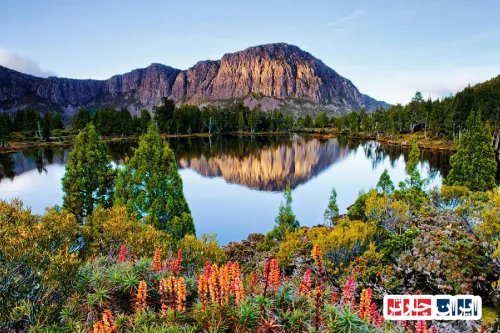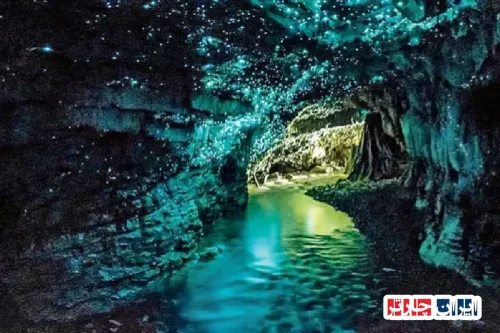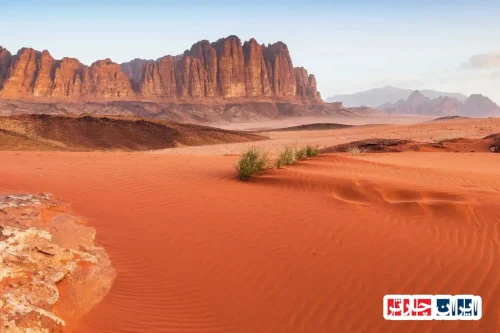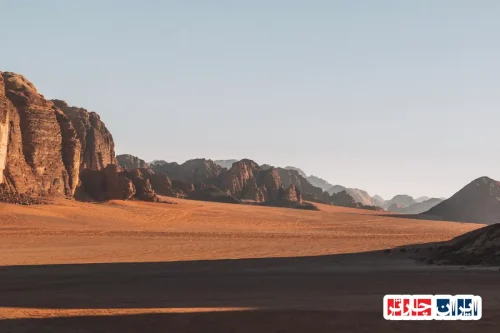Discover the Mendoza Wine Region Mendoza Argentina: A Comprehensive Guide to Argentina’s Premier Wine Destination
Exploring the Mendoza Wine Region Mendoza Argentina offers enthusiasts and travelers an unparalleled experience of world-class vineyards, breathtaking landscapes, and rich cultural heritage. As one of the most renowned wine-producing areas in South America, this region boasts a diverse array of wineries, each contributing to Argentina’s reputation for exceptional Malbecs and other varietals. Visitors can indulge in guided tours through lush vineyards, taste freshly harvested wines, and learn about traditional and modern winemaking techniques that have been perfected over centuries. The Mendoza Wine Region Mendoza Argentina is not only a hub for wine lovers but also a destination that combines scenic beauty with vibrant local traditions, making it an ideal place for both relaxation and adventure. Whether you’re exploring the scenic Andes foothills, enjoying exquisite cuisine paired with local wines, or participating in wine festivals, this region promises an unforgettable journey into Argentina’s viticultural excellence. To learn more about this extraordinary region, visit our detailed guides and plan your visit to experience the magic of Mendoza firsthand.
Mendoza Wine Region-Iran Charter
Mendoza Wine Region-Iran Charter
Mendoza Wine Region-Iran Charter
Discover the Rich History and Evolution of the Mendoza Wine Region in Argentina
The Mendoza Wine Region in Argentina boasts a storied history that dates back to the 16th century, making it one of the oldest and most influential wine-producing areas in the world. Early settlers introduced viticulture to this region, and over centuries, it evolved into a global hub for premium wines. The region’s development was driven by innovative farming techniques and a deep-rooted passion for winemaking, which helped elevate its reputation on the international stage. Today, Mendoza is renowned for its high-quality wines, reflecting a blend of tradition and modernity that continues to shape its legacy. The influence of Mendoza on global wine markets is profound, with its diverse terroirs and climate conditions producing a wide array of exceptional wines that have won numerous awards worldwide. Understanding the historical progression of Mendoza offers valuable insights into its unique wine culture and its pivotal role in Argentina’s wine industry.
Geographical and Climatic Diversity Across Mendoza’s Subregions
The Mendoza Wine Region in Argentina encompasses several subregions, each characterized by distinct geographical and climatic features that influence wine production. The high-altitude zones near the Andes, such as Luján de Cuyo and Uco Valley, benefit from cooler temperatures, intense sunlight, and mineral-rich soils, resulting in wines with remarkable acidity and elegance. Conversely, the eastern plains have a warmer, drier climate with alluvial soils, ideal for producing bold, full-bodied reds. These variations create a diverse spectrum of wine styles, from delicate and aromatic to rich and robust, catering to a wide range of palates. The unique terroirs of each subregion contribute to the complexity and depth of Mendoza wines, making it a versatile and dynamic wine destination. Exploring these differences allows wine enthusiasts to appreciate the regional nuances that define Mendoza’s global reputation for excellence.
Key Grape Varieties and Their Signature Flavors in Mendoza
Mendoza is famous for its diverse grape varieties, each offering distinctive flavor profiles that define the region’s wines. Malbec stands out as the flagship grape, known for its deep color, rich fruitiness, and velvety tannins, making it a favorite among wine lovers worldwide. Tasting a Malbec from Mendoza reveals notes of blackberry, plum, and hints of spice, with a smooth finish. Other notable varieties include Tannat, Cabernet Sauvignon, and Chardonnay, which thrive in Mendoza’s varied climates. Tannat wines are characterized by their bold structure and dark fruit flavors, while Cabernet Sauvignon offers a complex aroma of blackcurrant and herbs. Mendoza’s white wines, especially Chardonnay, showcase bright acidity and citrus notes. The region’s ability to cultivate a wide range of grapes with exceptional quality makes it a premier destination for wine connoisseurs seeking diverse tasting experiences.
Impact of Elevation and Soil Composition on Wine Quality
The elevation levels across Mendoza significantly influence the characteristics of its wines. Higher-altitude vineyards, often situated over 1,000 meters above sea level, benefit from intense sunlight and cooler nights, which help preserve acidity and develop complex flavors. These conditions lead to wines with vibrant fruit profiles and excellent aging potential. Additionally, the region’s varied soil types—ranging from limestone and volcanic to sandy and alluvial—play a crucial role in shaping the wine’s taste and texture. Limestone soils impart minerality and finesse, while volcanic soils add depth and richness. The combination of elevation and soil diversity enables Mendoza to produce wines with remarkable balance, structure, and aromatic complexity. This terroir-driven approach is a key factor behind Mendoza’s reputation for producing some of the finest wines in South America.
Exploring Mendoza’s Historic and Modern Wineries
The Mendoza Wine Region offers a fascinating blend of historic wineries and cutting-edge modern facilities. Traditional wineries, some dating back to the 19th century, showcase colonial architecture and centuries-old winemaking techniques, providing visitors with a glimpse into the region’s rich heritage. These historic estates often host guided tours, tastings, and cultural experiences that highlight their legacy. In contrast, contemporary wineries utilize state-of-the-art technology, innovative fermentation processes, and sustainable practices to craft wines that meet international standards. Visiting both types of wineries allows travelers to appreciate the evolution of Mendoza’s wine industry—from its roots to its future. The region’s diverse winery landscape reflects a commitment to preserving tradition while embracing innovation, making it a compelling destination for wine enthusiasts and history buffs alike.
Tips for Selecting and Purchasing the Best Wines from Mendoza
Choosing top-quality wines from Mendoza involves understanding key factors such as grape variety, vintage, and producer reputation. Always check the label for information about the grape type and aging process; wines with longer maturation often offer more complex flavors. Opt for bottles from reputable wineries known for consistent quality and authentic production methods. Tasting notes and awards can also guide your selection, ensuring you enjoy wines with proven excellence. When purchasing, consider buying directly from wineries or authorized distributors to guarantee authenticity. Additionally, consulting with knowledgeable staff or sommeliers can help you find wines that match your taste preferences and occasion. By paying attention to these details, you can enhance your wine experience and enjoy Mendoza’s finest offerings with confidence.
Innovative Technologies Shaping Mendoza’s Winemaking Future
The Mendoza Wine Region is at the forefront of adopting advanced technologies to elevate wine quality and sustainability. Precision viticulture, including drone monitoring and soil sensors, allows growers to optimize irrigation, fertilization, and harvest timing. Modern fermentation techniques, such as temperature-controlled tanks and micro-oxygenation, help craft wines with desired flavor profiles and consistency. Sustainable practices, like water conservation and organic farming, are increasingly integrated into production processes, aligning with global environmental standards. These innovations enable Mendoza to produce wines that meet international demands for quality and eco-friendliness. Embracing technology ensures the region remains competitive and continues to innovate, securing its position as a leading global wine destination.
Unique Experiences for Visitors in Mendoza: From Cycling Tours to Vineyard Stays
Visitors to Mendoza can enjoy a variety of immersive experiences beyond wine tasting. Cycling tours through scenic vineyards and mountain trails offer a healthy, eco-friendly way to explore the region’s stunning landscapes. Many wineries provide overnight stays in boutique lodges or farmhouses, allowing guests to experience authentic rural life and participate in grape harvesting or wine-making activities. Cooking classes featuring local cuisine, paired with Mendoza wines, deepen cultural appreciation. Additionally, outdoor adventures like horseback riding, hiking in the Andes, and hot air balloon rides over vineyards create memorable moments. These diverse activities make Mendoza a versatile destination for adventure seekers, culture lovers, and wine enthusiasts alike, ensuring a rich and engaging visit.
How to Make the Most of Festivals and Events in Mendoza’s Wine Calendar
Mendoza hosts numerous festivals and events celebrating its rich wine heritage, offering visitors a chance to indulge in local culture. Planning ahead is essential; booking accommodations and event tickets early ensures a smooth experience. Participating in wine festivals, such as harvest celebrations or regional tastings, provides opportunities to sample exclusive wines, meet winemakers, and learn about traditional practices. Cultural events featuring music, dance, and local cuisine enrich the experience, creating a festive atmosphere. Engaging with guided tours, masterclasses, and competitions can deepen your understanding of Mendoza’s wine craftsmanship. Attending these events not only enhances your appreciation of the region’s wines but also immerses you in its vibrant community, making your visit truly unforgettable.
Frequently Asked Questions about Mendoza Wine Region in Argentina
- What is the historical background of Mendoza’s wine industry?
- Mendoza’s wine history dates back to the 16th century when early settlers introduced viticulture to the region. Over centuries, it evolved into a globally recognized hub for premium wines, driven by innovative farming techniques and a deep passion for winemaking. Today, Mendoza is renowned for blending tradition with modern practices, making it one of the most influential wine regions in the world.
- How does the geography of Mendoza influence its wine production?
- The region’s diverse geography, including high-altitude zones near the Andes and the plains to the east, creates unique microclimates. Cooler high-altitude areas produce wines with remarkable acidity and elegance, while the warmer plains yield bold, full-bodied reds. This variation allows Mendoza to produce a wide range of wine styles with distinct characteristics.
- What are the main grape varieties grown in Mendoza?
- Malbec is the flagship grape, known for its deep color and rich flavors. Other important varieties include Tannat, Cabernet Sauvignon, and Chardonnay. Each offers unique flavor profiles, from fruity and velvety to bold and structured, making Mendoza a versatile wine-producing region.
- How does elevation affect wine quality in Mendoza?
- Vineyards at higher elevations, often over 1,000 meters above sea level, benefit from intense sunlight and cooler nights. These conditions help preserve acidity and develop complex flavors, resulting in wines with vibrant profiles and excellent aging potential.
- What role does soil composition play in Mendoza wines?
- Soil types such as limestone, volcanic, sandy, and alluvial influence the taste and texture of wines. Limestone soils impart minerality, volcanic soils add depth, and alluvial soils contribute to finesse. The combination of soil and elevation creates well-balanced wines with distinctive characteristics.
- What are some historic wineries worth visiting in Mendoza?
- Many wineries in Mendoza date back to the 19th century, showcasing colonial architecture and traditional techniques. These estates often offer guided tours, tastings, and cultural experiences that highlight their rich heritage and legacy.
- How do modern wineries in Mendoza differ from historic ones?
- Contemporary wineries utilize advanced technology, innovative fermentation methods, and sustainable practices. They focus on producing wines that meet international standards, often incorporating state-of-the-art equipment and eco-friendly processes.
- What tips are recommended for selecting quality wines from Mendoza?
- Check labels for grape variety, vintage, and producer reputation. Opt for wines with awards or tasting notes indicating quality. Buying directly from reputable wineries or authorized distributors ensures authenticity. Consulting with knowledgeable staff can also help find wines suited to your taste.
- How is technology shaping the future of winemaking in Mendoza?
- Innovations like drone monitoring, soil sensors, temperature-controlled fermentation tanks, and micro-oxygenation improve quality and sustainability. These technologies help optimize vineyard management and wine production, keeping Mendoza competitive globally.
- What unique experiences can visitors enjoy in Mendoza besides wine tasting?
- Visitors can explore scenic vineyards via cycling tours, stay overnight in boutique lodges, participate in grape harvesting, or enjoy outdoor activities like horseback riding, hiking, and hot air balloon rides. These experiences enrich the visit beyond just wine.
- What are the best times to attend festivals and events in Mendoza?
- The harvest season and regional wine festivals are ideal times. Planning ahead and booking accommodations early ensures a better experience. These events offer tastings, cultural performances, and opportunities to meet winemakers.
- How can I make the most of my visit to Mendoza’s wineries?
- Arrange guided tours, participate in tastings, and explore both historic and modern wineries. Engaging with staff and learning about winemaking processes enhances your understanding and appreciation of Mendoza wines.
- What sustainable practices are adopted by Mendoza wineries?
- Many wineries implement water conservation, organic farming, and eco-friendly packaging. Use of renewable energy and waste management also contribute to environmental sustainability in the region.
- Why is Mendoza considered a top wine destination in South America?
- Its diverse terroirs, high-quality wines, innovative practices, and rich history make Mendoza a premier choice for wine lovers. The region’s scenic landscapes and cultural richness further enhance its appeal as a global wine hub.
- What makes Mendoza wines stand out internationally?
- The region’s unique combination of climate, elevation, and soil creates wines with exceptional balance, depth, and character. Mendoza’s commitment to quality and innovation has earned it numerous awards and recognition worldwide.

